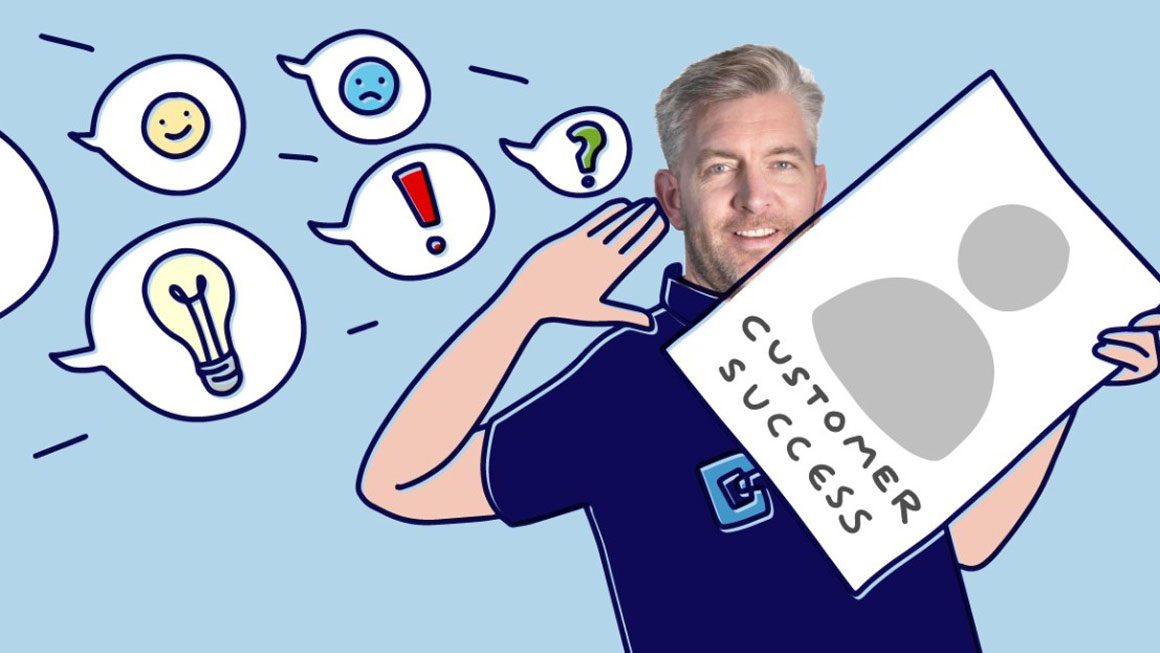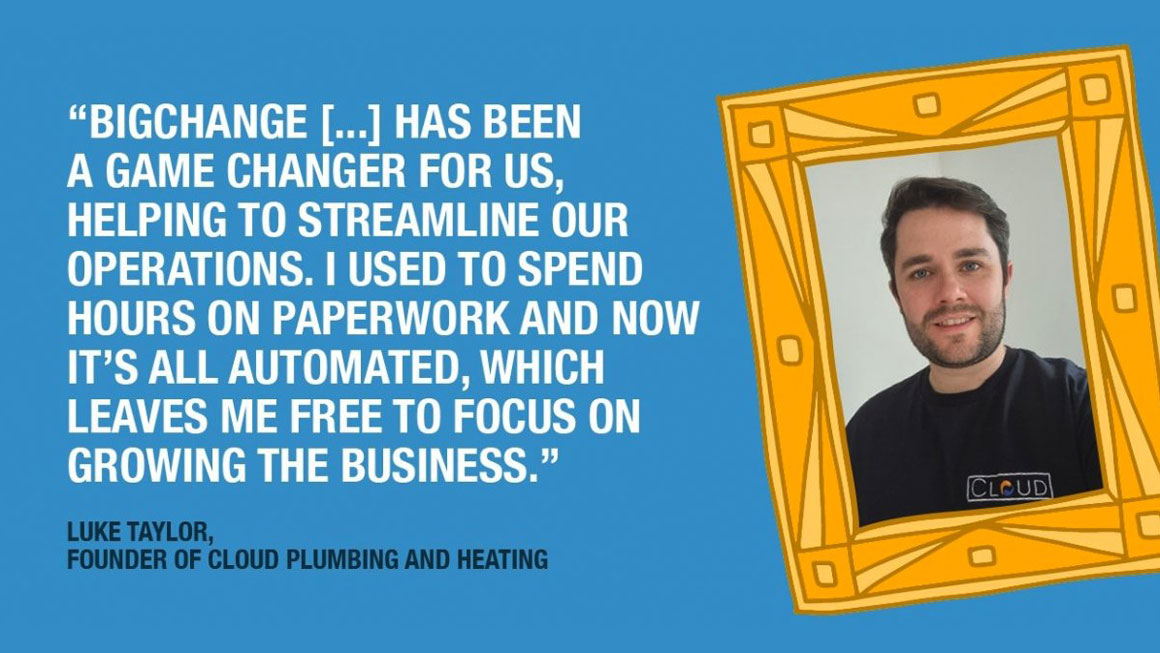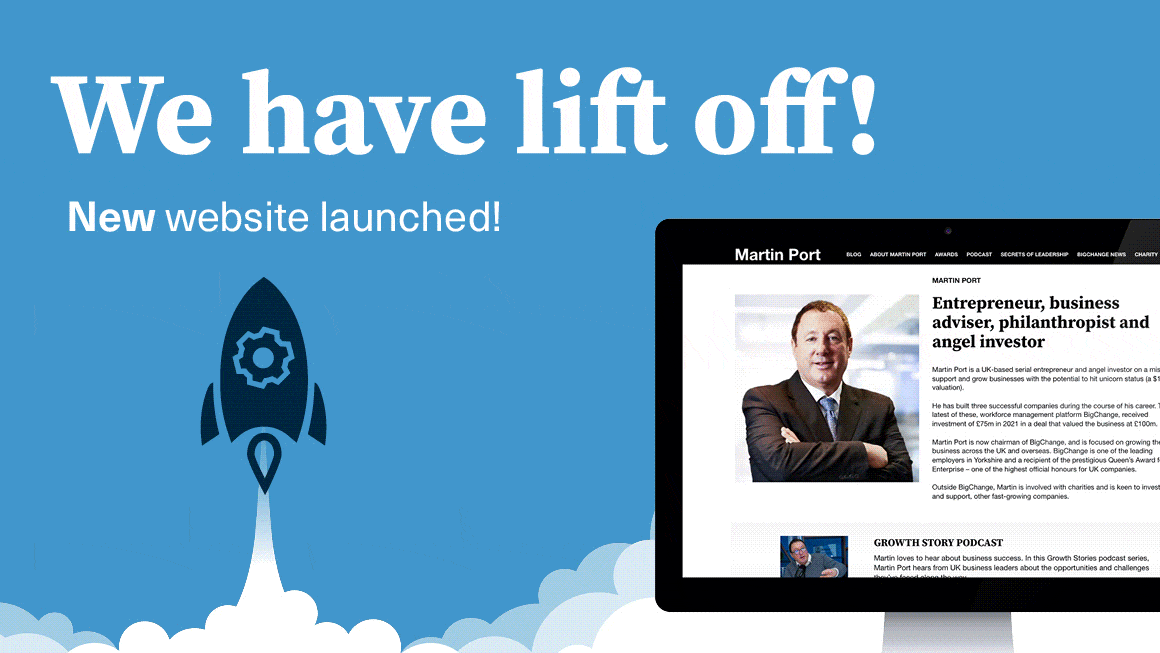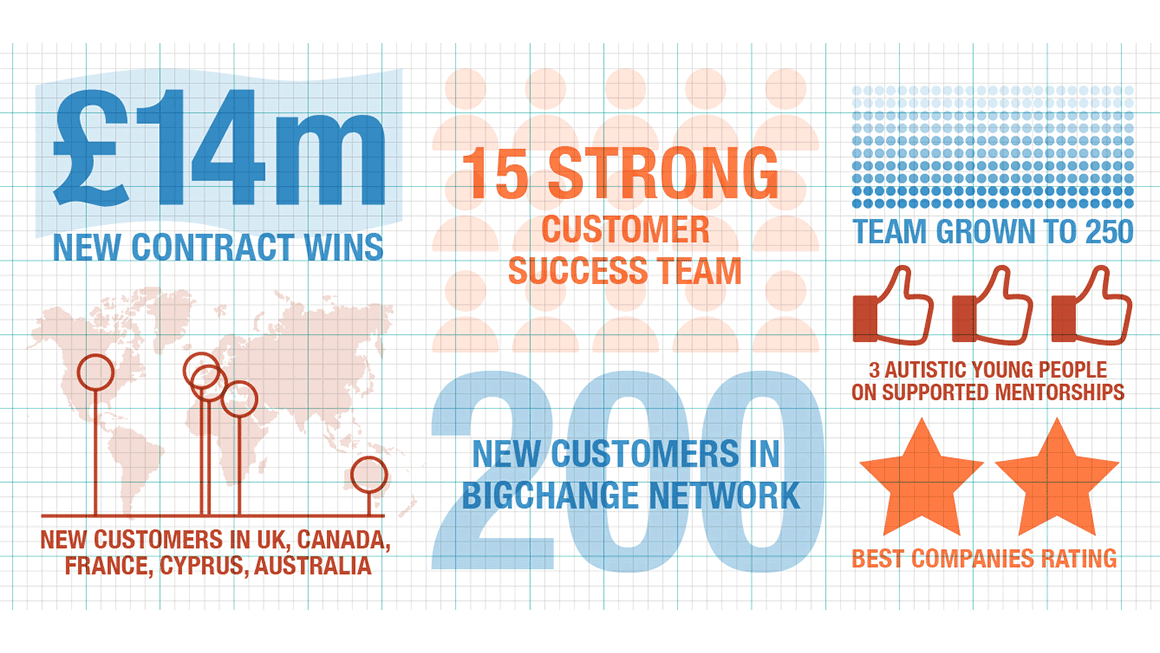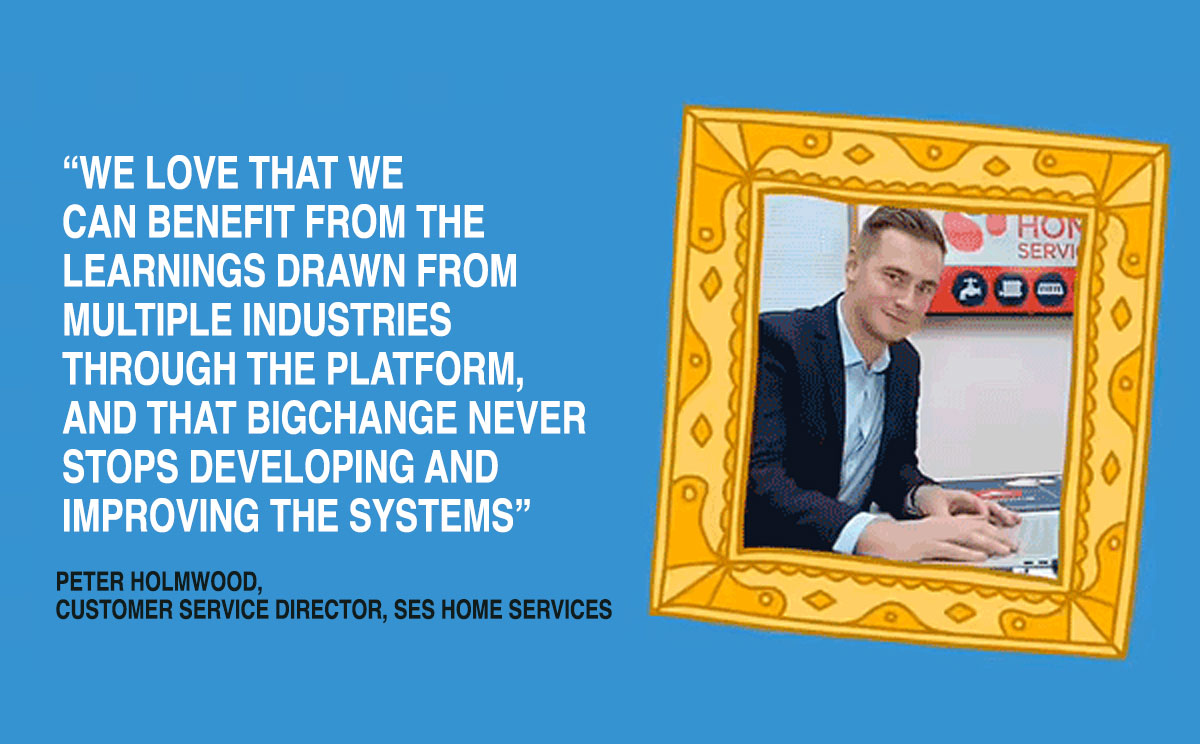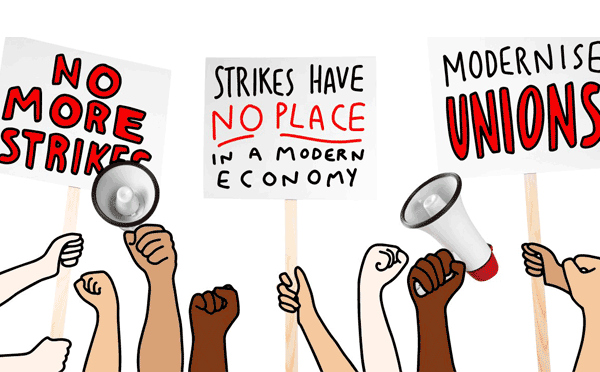Customer service. That’s been my number one focus throughout my career. My ability to listen to customers and help them overcome challenges is the ultimate secret to my success.
If you had asked me 10 years ago whether I needed a chief customer officer, I would have said: “Absolutely not. That’s my job.” Actually, I probably would have asked: “What’s a chief customer officer?”
A chief customer officer’s job is to understand the customer. They are responsible for managing a company’s relationship with all its clients, working out what’s going well and what’s not working. The position is relatively new: in 2010, there were only 450 CCOs worldwide.
But the CCO has fast become a vital part of the modern C-Suite. We are living in the ‘age of the customer’ and understanding our interactions with customers is as important as, say, understanding our balance sheet.
Who better to take on the role of CCO than the founder? Well, I have learned a lot over the years and understand that there are people out there who are just as capable as I am – dare I say it, a few may even be better.
When I moved to become chairman of BigChange, I knew I could no longer be the point person for colleagues and customers looking to solve problems or request changes. I had to pass that responsibility – and privilege – to someone else.
That’s when I met Ian.
Ian Burgess has spent 20 years navigating the complex world of customer service and corporate communications within the technology space. He’s a people person; everyone he works with likes and respects him. When he joined BigChange as Chief Customer Officer, I noticed that 350 people left well wishes on his LinkedIn, with almost 450 hitting the ‘Like’ button.
He shared some of his plans for BigChange here a few months ago.
What I liked most about Ian was his approach to customer service. In a world where most software providers rely on bots and endless ticketing systems, leaving customers desperate to interact with a human being, he wanted to keep things personal. “I don’t believe in hiding behind technology,” he says. “I never want BigChange to become some faceless corporation. The human touch has never been more important.”
I may be a dab hand at customer service but he’s a true specialist. I’d like to talk about two approaches he has introduced at BigChange and their impact on the business.
1. No more kneejerk solutions
When a customer comes to you with a request or a problem, the temptation is to come up with a solution as quickly as possible. The issue with that approach is that you often fail to address the root cause of the problem, and the fix you build is unlikely to be scalable. Ian explains it better than I can:
“My role as CCO is to understand my customers’ customers and walk in their shoes. That’s the only way to ensure that we are building the right tech. If a customer wants a change, I first understand the problem statement, which means that I can not only solve the immediate challenge but perhaps prevent any need for future changes, and ensure the development is useful for as many customers as possible.
2. Transparency and openness
“No company is perfect and the only way to keep improving is to create a vehicle to channel feedback,” Ian explains.
“We do that via two means: our Net Promoter Score (NPS) and our Customer Satisfaction (CSAT) ratings. The NPS relationship survey goes out twice a year. I introduced that so that we had a pulse check of what all our customers are thinking. It’s the single most important measure of customer experience. Then our CSAT surveys go out every time a transaction is completed across Sales, Onboarding and our RoadCrew support desk.
“Those are five-star ratings and show how happy our customers are at every stage of the customer journey and enable us to make sure we are reacting in real time when changes need to be made.
“Most importantly, we take all that feedback, digest it, and create measurable action plans, which we can share with all our customers. We then actually deliver on that plan. There’s no point in receiving feedback if you don’t close the loop and take action.”
It can be hard to an entrepreneur to delegate responsibilities, especially when like me – you love talking to your customers. But making way for Ian has been a revelation. He’s just as obsessed with customer service as I am – and takes it personally. I’m not the only one who is impressed with Ian. We have received so many messages from happy customers praising his empathy, his accessibility, and his ability to find great solutions.
So, if you have a question, or an issue, Ian’s your man. He’s at the end of the phone – or on email:
Ian Burgess
Chief Customer Officer
Mobile. 0787 969 8697
Email. [email protected]

